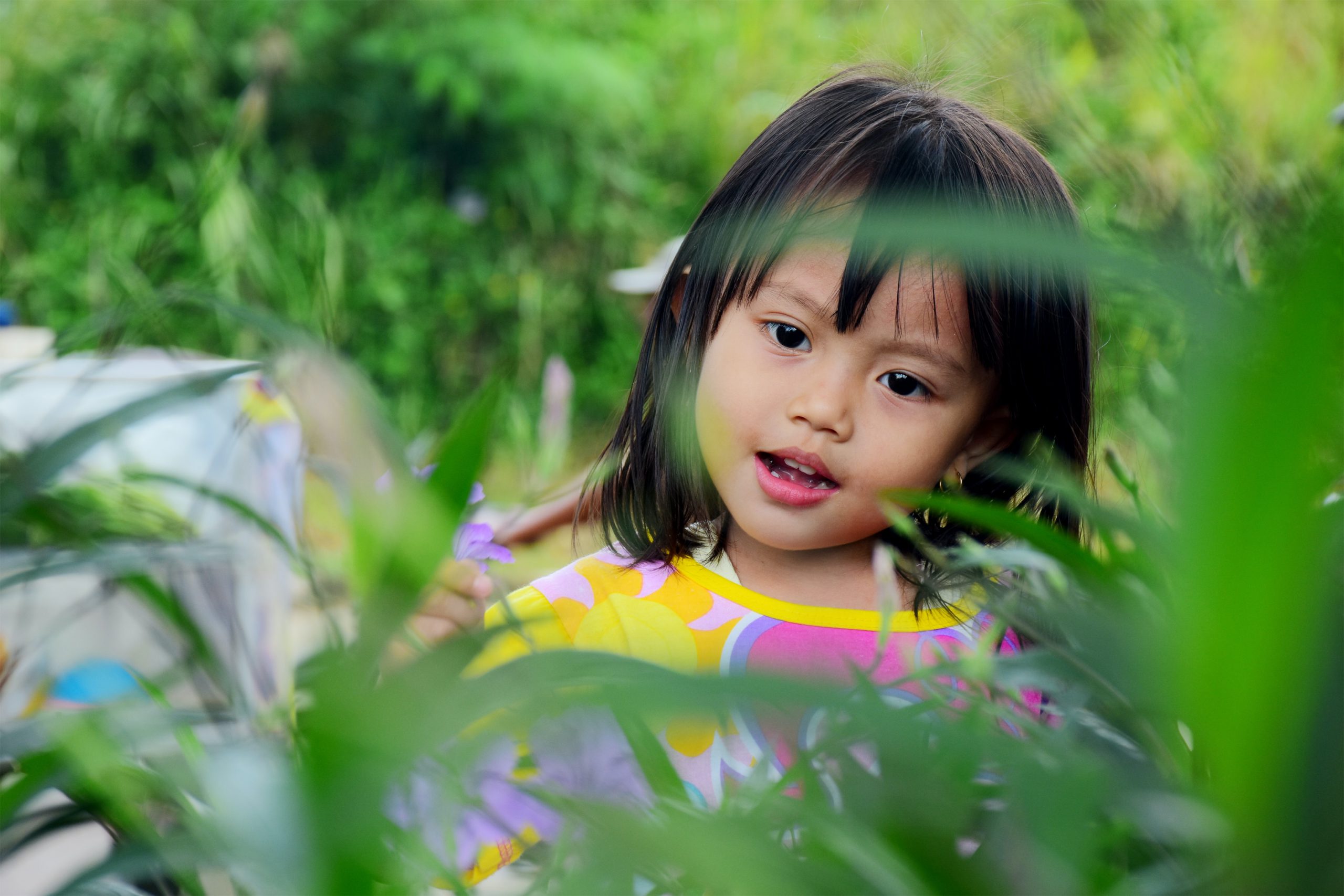
Do you believe when we say children have to learn to live sustainably to be good global citizens? This may not be talked about enough but learning about sustainability through practicing is vital for our children and their environment. We think all of us agree we want a good environment for ourselves and our family.
This is why Choo Choo Train Child Care and Kindergarten takes the initiative to help little ones to grow their abilities, become community-minded, and care about the planet. The green activities we prepare for children have wide-ranging benefits for themselves and the environment they live in.
1. Going green boosts physical skills
Many sustainable practices aid in the development of motor skills. Picking fresh herbs, pouring water, using gardening tools, and sorting recycled materials all necessitate fine motor movements as well as hand-eye coordination. Children’s gross motor skills are also challenged as they run between garden beds and rake leaves for the compost bin. Because these big muscle movement skills are linked to balance, coordination, spatial awareness, strength-building, and reflexes, the more outdoor green activity we give them, the better!
2. Sustainable practices promote social skills
Caring for their garden, taking turns harvesting vegetables, sharing tools, and negotiating the best position for their pots are all situations that practice youngsters’ social skills. In the classroom, we encourage them to volunteer as a ‘Waste Watcher’ to look out for dripping taps, lights left on, and full rubbish bins. It instills a sense of responsibility in them, and interacting with the community helps them understand everyone’s role as guardians of the planet. When they bring in excess produce or recycled materials for a project, they develop community spirit and participation.
3. Eco-friendly activities support cognitive skills
Sustainability lessons are simple to incorporate into the early childhood curriculum. There are numerous opportunities for children to learn the topics and a variety of hands-on activities that promote brain development.
This includes:
Sorting rubbish into their categories. We prepare colour-coded bins and label them with pictures and words
Collecting rainwater, then water the plants
Growing plants from seed or cutting
Making meals using vegetables they grow
Setting up a compost bottle
Making musical instruments out of recycled materials
Making non-toxic paint and recycled paper
Children learn from what adults do and what we say, so our teachers model green practices to children, such as:
Drinking from a reusable bottle
Eating lunch in a reusable container
And separating our wastes
Before we end this article, we want to remind you again that the world needs citizens who can sustain them. We all have a role to play to sustain it for everybody’s benefit. We’ll leave you with two questions: What kind of planet do you want to pass on to your children? What are some ways your family can go green starting this moment?